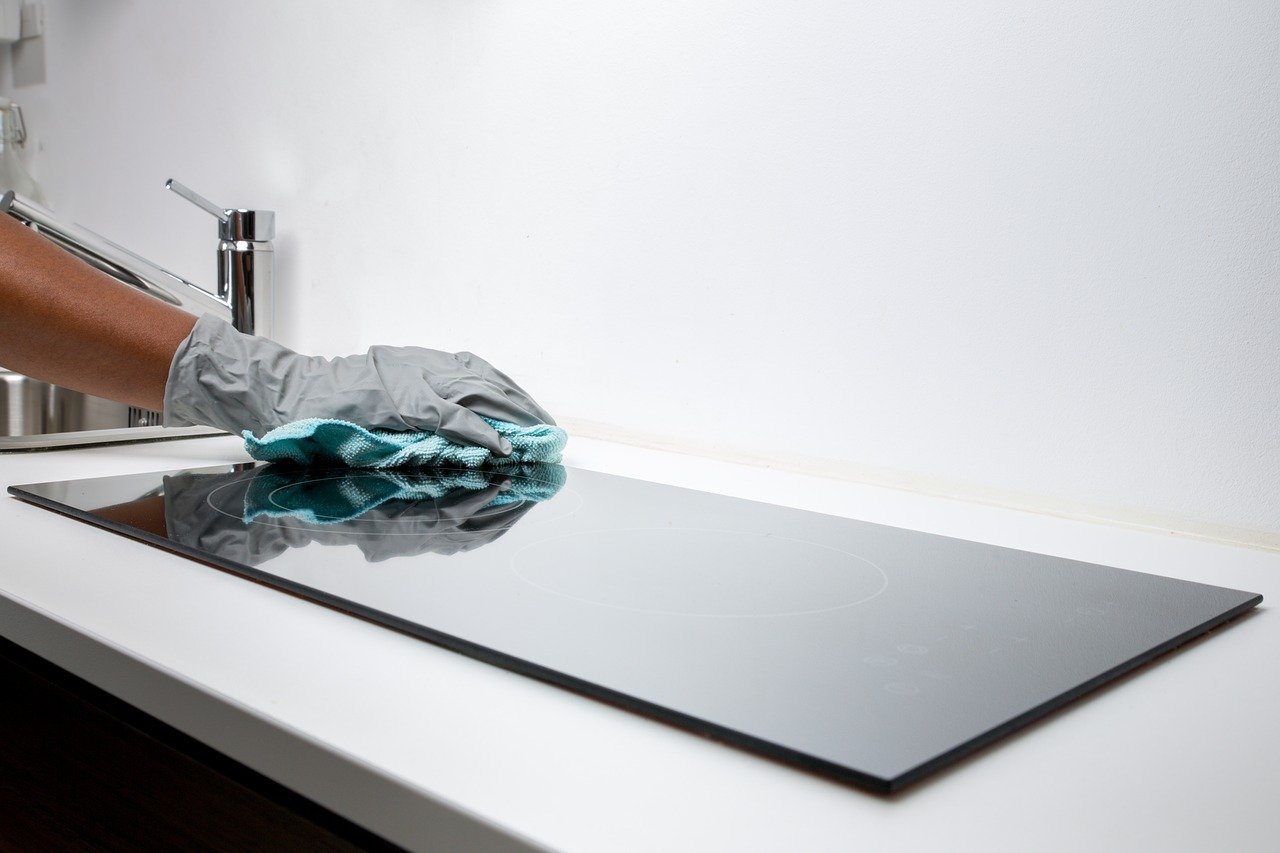Why you should eat at home, rather than out
The menu is bigger
Trying to be a responsible earthling is difficult when you visit most restaurants. Try ordering organic or eating free-range and the waitress will laugh at you or give you directions out the door. If you do manage to find a restaurant which stocks organic produce, your wallet will suffer.
At home you can see it, touch it and cook it, and be more sure that it is the real deal. And you don’t have to phone ahead to find a table.
Less waste
Compare a home-cooked meal to that pizza or Chinese takeaway delivery; generally the nice man on the scooter delivers the food in cartons or polystyrene plates, together with paper napkins, plastic knife and fork, little plastic sachets of ketchup and vinegar and little paper squares for the salt- and probably a whole bunch of other stuff. All of it is thrown in the waste, and most of it is not recycled.
Health
We all do it; we eat out at fast-food places, because it is convenient. We (might) think it is the cheaper option, but cheap usually means unhealthy; it’s usually pizza or burger or fried food. It has so much unwanted salt, sugar and fat in it, your body is not satisfied and it just wants more. Restaurants, especially the fast-food ones, are not worried about your health – they are only worried about how tasty the food is.
A sense of accomplishment
Making your own lunch is so much better than popping into your local deli and buying one. The bought sandwich is often soggy, usually laden with salt and leaves a plastic taste in your mouth. The sandwich you made at home is fresh, usually made from last night’s leftovers and tastes like home. The homemade sandwich is generally healthier, looks better and you can choose the ingredients.
You can learn to cook
Even if you are one of those who burns water, you can be taught / can learn how to cook some basic dishes (at least). My first attempt was when I was about six, and I managed to make respectable French toast. I rue that decision sometimes, because my family would pester me for some quite often. The point is, you can experiment with leftovers, or just offer to help when your family cooks. (My tip: Don’t try and cook rice – it’s sticky and stinks when it burns. Not sure how other people do it.) You never know, perhaps you will prefer your own cooking, and stay indoors?
Keeping control
Our food gets processed – a lot! The production chain is so long that contamination can occur during production, processing, distribution or preparation. Food is cleaned and sorted, trimmed and sliced, cooked, pasteurized, chopped, smoked, cooked or frozen. Then it is salted, sugared, colored, spiced, preserved, desalinated, desalted and desugared. Then it is canned, packed or added to another “food.” Then it is distributed to restaurants, supermarkets or markets.
You can’t change most of the processes, but you can try and choose products that are as close to their natural state as possible.
Keeping it in the family
This generation is the generation of fast foods. Fifty years ago parents showed their children how to cook. These days the only cooking most children know is an hour a week at school, if they are lucky. Many fast food children don’t know what it is like to have regularly cooked meals at home. By learning to cook, you will be able to pass it on to future generations. It is an art that has so much more value than knowing how to play the latest games on xBox.
Save some money
Eating out will never be cheaper than eating in, unless you are shopping for single items at a time. A study has been done – by me – that my wallet will be empty by Friday if I pop into the shop every day, even if the intention is to buy only meals for that day. Buying meals for the day is more expensive over the week than bulk buying for the week. Food is generally cheaper in bulk than buying singles. Also, there is less temptation to buy seven days worth of chocolate or whatever else catches your eye.
A meal made at home rarely exceeds five dollars / pounds, whereas a restaurant trip can be triple that.





